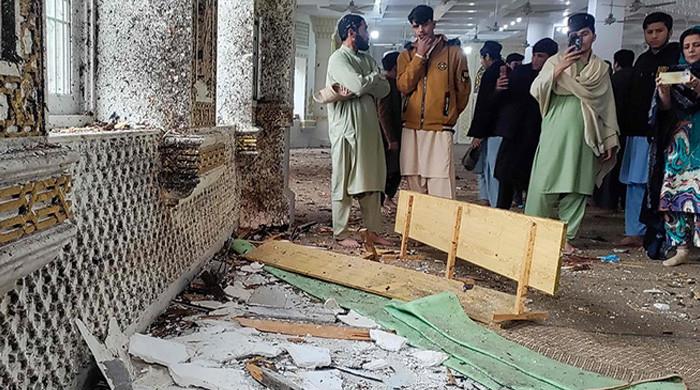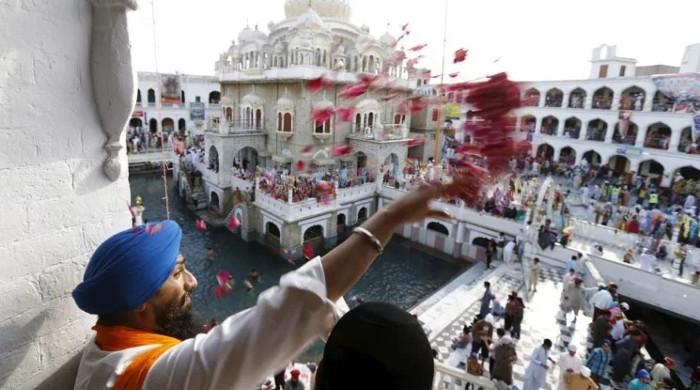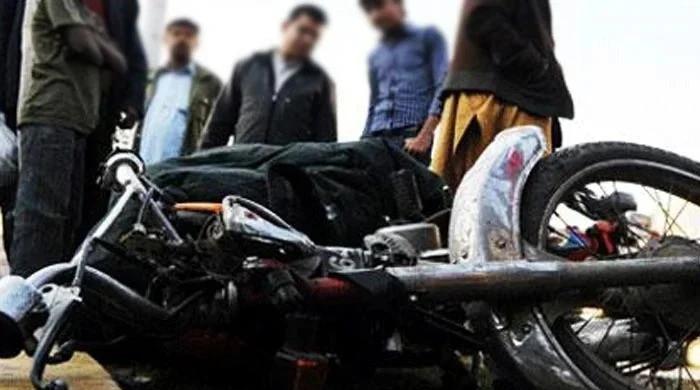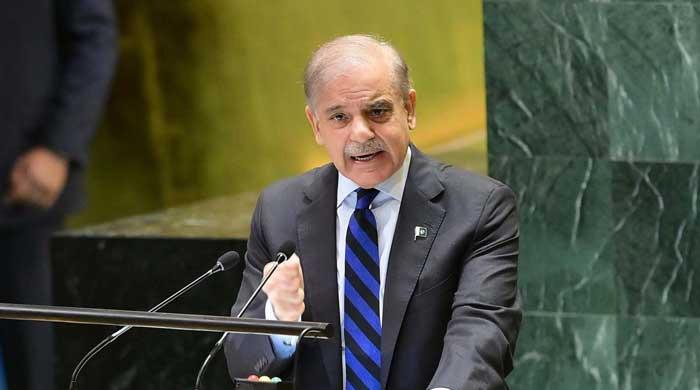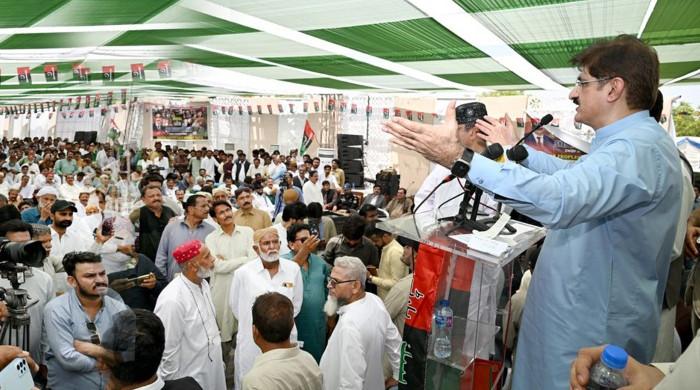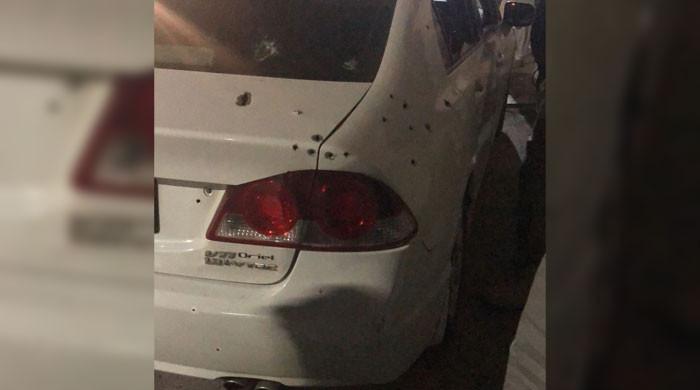Those trying cases in military court may not understand law of evidence: Justice Rizvi
Justice Hilali questions lack of appeal rights for civilians in military trials
April 09, 2025
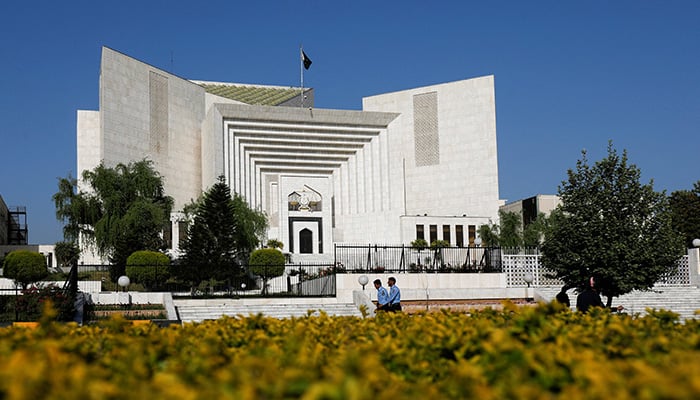
- Justice Mandokhail questions court-martial death sentences.
- Govt urged to ensure transparency in trials.
- Harris says civilians, forces equal under Constitution.
ISLAMABAD: Justice Hasan Azhar Rizvi of the Supreme Court remarked on Wednesday that individuals conducting trials in military courts may not understand the Law of Evidence (Qanun-e-Shahadat Order, 1984).
A seven-member constitutional bench, headed by Justice Aminuddin Khan, was hearing petitions challenging the trial of civilians in military courts, with the hearing adjourned until tomorrow.
Other members of the bench include justices Jamal Khan Mandokhail, Musarrat Hilali, Muhammad Ali Mazhar, Hasan Azhar Rizvi, Naeem Akhtar Afghan, and Shahid Bilal.
During the proceedings, Justice Rizvi further observed that evidence in such courts could be misinterpreted, casting doubt on the fairness of the process.
Justice Hilali also questioned the state’s assurance of fair trials, asking Attorney General Mansoor Usman Awan how transparent justice could be ensured under the military court system.
She said if the government grants civilians the right to appeal, what issue would that cause?
Justice Mandokhail expressed multiple concerns, questioning how court-martials possess the authority to award death sentences and why complainants themselves are allowed to conduct trials.
“Even we do not have access to the records of military court proceedings,” he remarked. He added: “If courts themselves are done away with, what would remain?”
Justice Mandokhail also questioned whether the federation and provinces lacked trust in their own institutions. “The aim of all these questions is to ensure that no one is punished unfairly,” he stated.
Defence Ministry counsel Khawaja Harris defended the system, stating that both civilians and military personnel are equal citizens under the Constitution.
He argued there was no artificial divide between civilians and armed forces and that if military personnel could be tried, so could civilians. He added that appeals were also not granted under the Civil Servants Act, and internal tribunals exist to address grievances.
Justice Rizvi added that under the Code of Criminal Procedure, multiple appeal forums exist up to the apex court.
Attorney General Awan noted that both the judiciary and the executive were part of the same justice system, and the goal was to collectively improve it. He said he would try to conclude his arguments swiftly once Harris wraps up his replies, which were expected to continue tomorrow.
Last year, the apex court's constitutional bench granted conditional permission to military courts to announce verdicts in cases involving 85 suspects allegedly involved in the May 9, 2023, riots.
In its order on the hearing of the appeals against civilians' military trial, the constitutional bench had said judgments of military courts would be conditional to the top court verdict on the cases pending before it.
Subsequently, the military courts sentenced 85 PTI activists for two to 10 years of “rigorous imprisonment” for their involvement in the May 9 protests, marking the conclusion of trials for those held in military custody over the attacks on army installations and monuments.
Later in January, the military accepted mercy pleas of 19 out of the 67 convicts sentenced in the May 9 riots case on "humanitarian grounds", the Inter-Services Public Relations (ISPR) said.
The top court, in its unanimous verdict by a five-member bench, on October 23 2023 declared civilians' trials in military courts null and void after it admitted the petitions challenging the trial of civilians involved in the May 9 riots.




